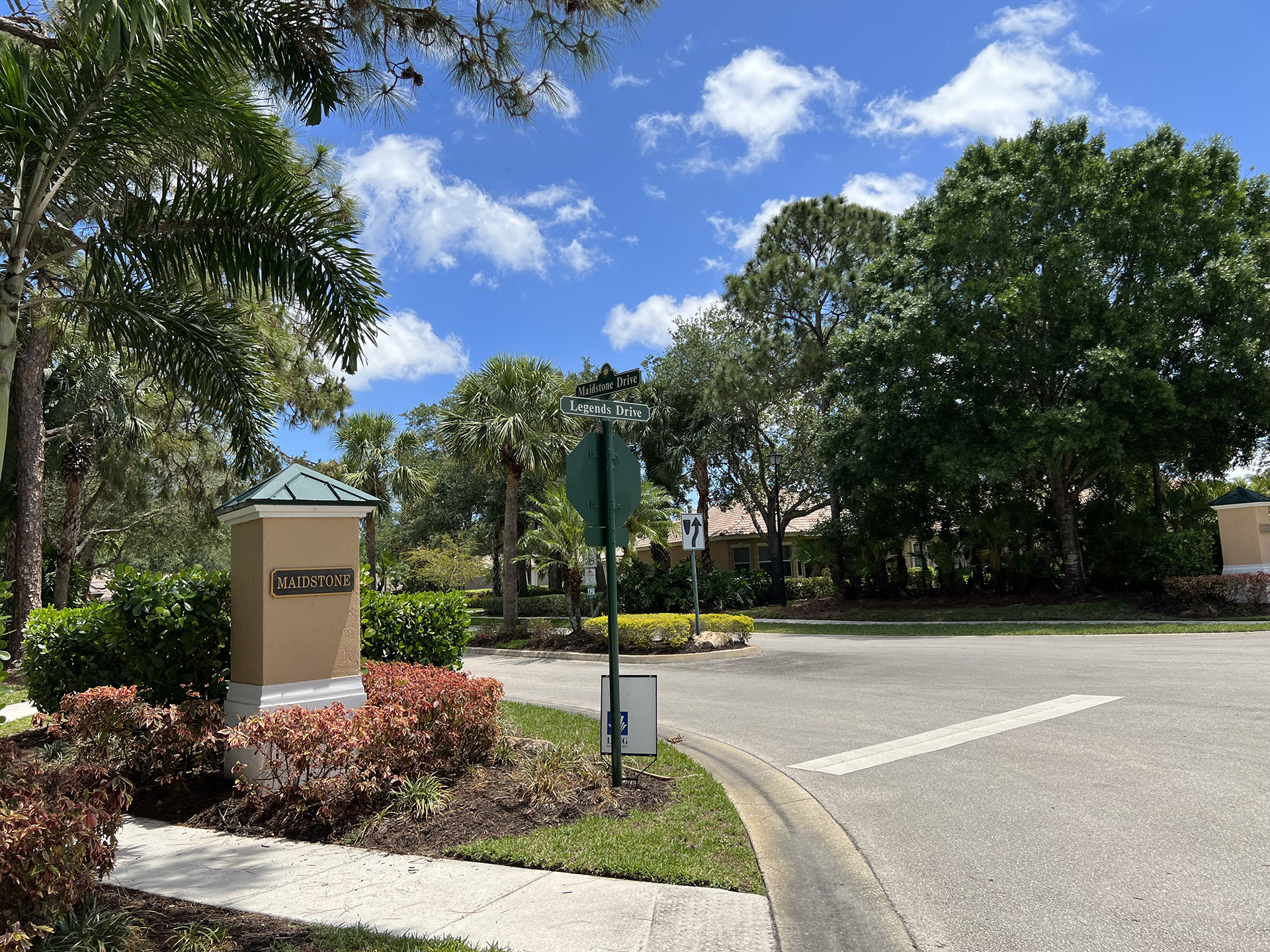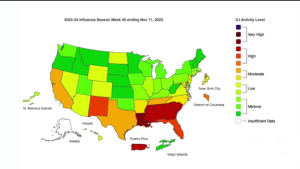Homeowners associations (HOAs) are organizations that manage and maintain common areas in a planned community. They also set rules and regulations for residents, which can cover everything from parking and noise levels to landscaping and architectural design.
Pros of living in an HOA community:
- Well-maintained common areas: HOAs typically hire professional landscaping companies to maintain common areas, such as parks, playgrounds, and green spaces. This can help to keep the community looking neat and tidy.
- Access to amenities: Many HOA communities offer amenities, such as swimming pools, fitness centers, and clubhouses. These amenities can provide residents with opportunities for recreation and relaxation.
- Increased property values: Studies have shown that homes in HOA communities tend to have higher property values than comparable homes in non-HOA neighborhoods. This is because HOAs can help to maintain a community’s curb appeal and desirability.
- Reduced maintenance responsibilities: HOAs typically handle many of the maintenance tasks that homeowners would otherwise be responsible for, such as lawn care, snow removal, and trash collection. This can free up residents’ time and energy.
- Sense of community: HOAs can help to foster a sense of community among residents by sponsoring events and activities. This can be especially beneficial for families with children.
Cons of living in an HOA community:
- HOA fees: HOAs charge monthly or annual fees to residents to cover the costs of maintaining common areas and providing amenities. These fees can range from a few hundred dollars to several thousand dollars per year.
- Restrictions on property use: HOAs often have strict rules about how residents can use their property. For example, they may restrict the type of landscaping that is allowed, the color of your house, or the types of vehicles that can be parked on the street.
- Limited privacy: HOAs may have rules about things like noise levels, pet ownership, and overnight guests. These rules can limit residents’ privacy and freedom.
- Bureaucracy: HOAs can be bureaucratic organizations with complex rules and procedures. This can make it difficult for residents to get things done, such as making changes to their property or resolving disputes with neighbors.
- Potential for conflict: HOAs can be a source of conflict between residents, especially if the rules are not clearly enforced or if the board of directors is not responsive to residents’ concerns.
Conclusion:
Whether or not living in an HOA community is right for you depends on your individual needs and preferences. If you value a well-maintained community, access to amenities, and a sense of community, then an HOA community may be a good choice for you. However, if you value your privacy and freedom, and you are not comfortable with the idea of living by a lot of rules, then an HOA community may not be the best fit for you.
Ultimately, the best way to decide if living in an HOA community is right for you is to do your research and talk to residents of HOA communities. This will help you to get a sense of the pros and cons of living in an HOA community and make an informed decision about whether or not it is the right choice for you.



